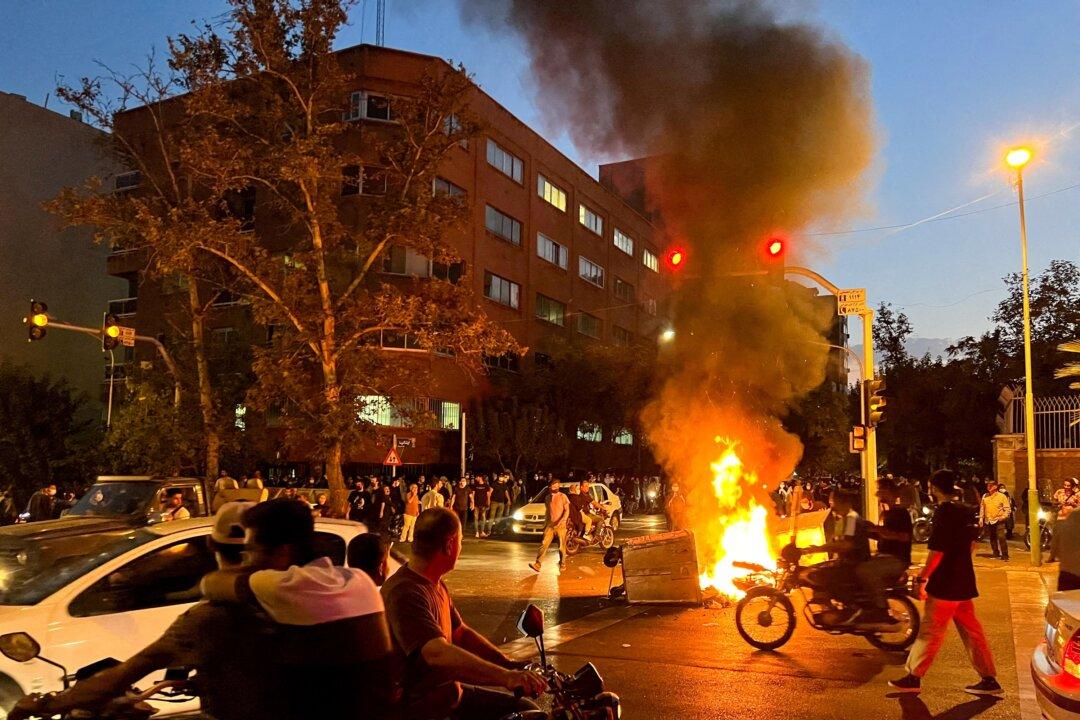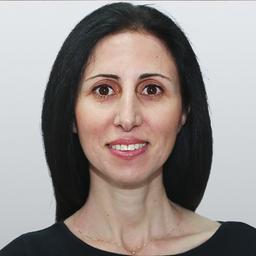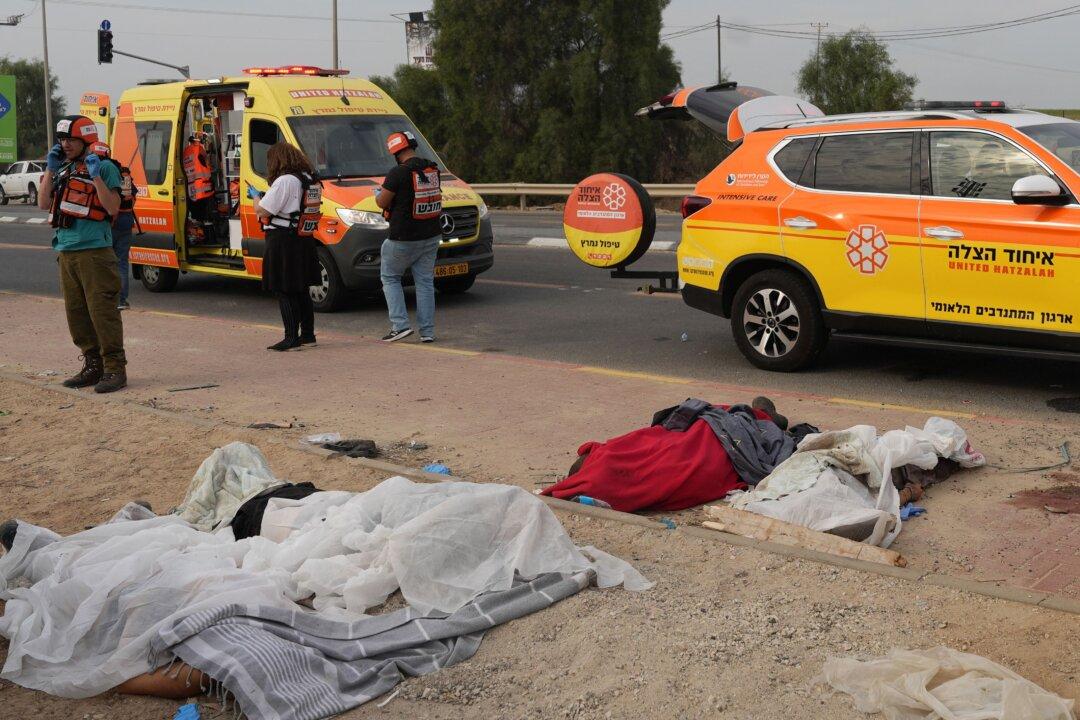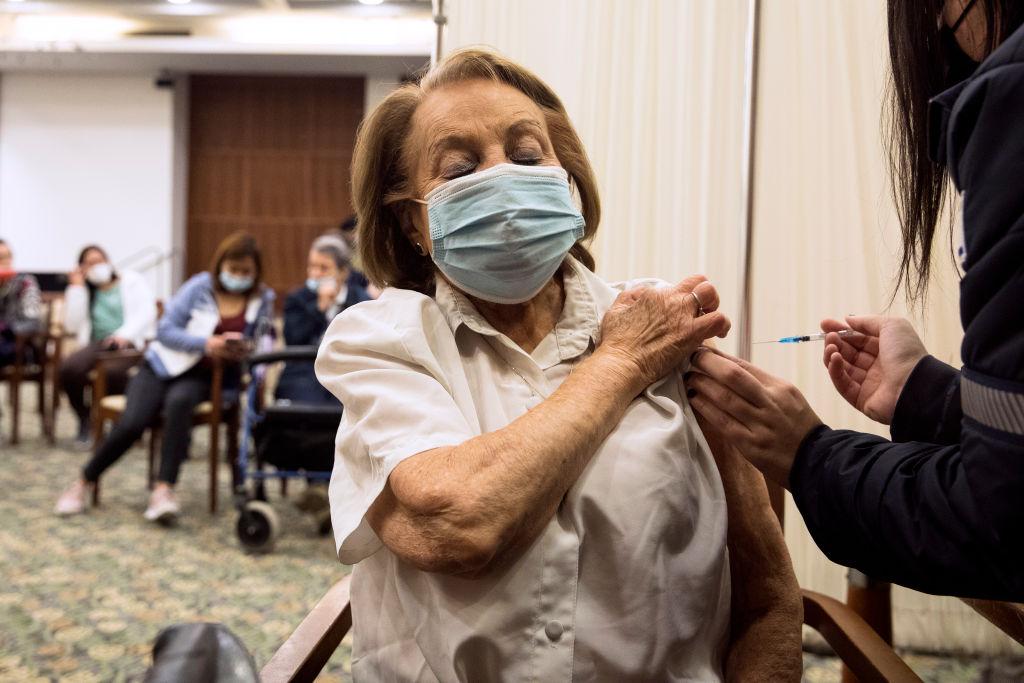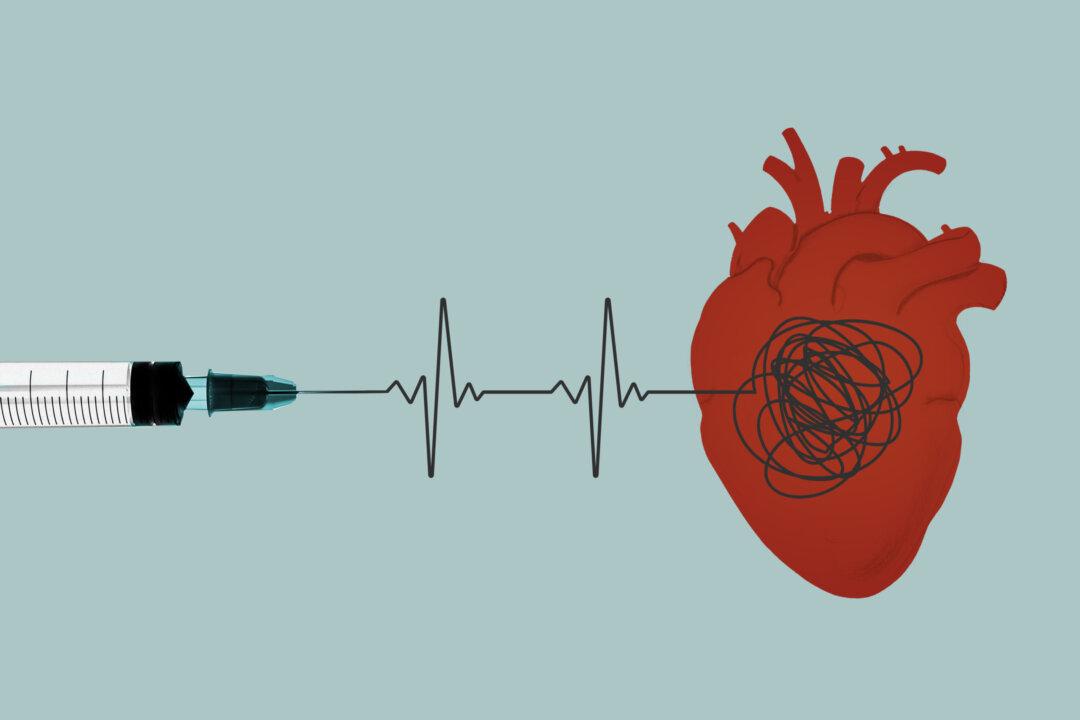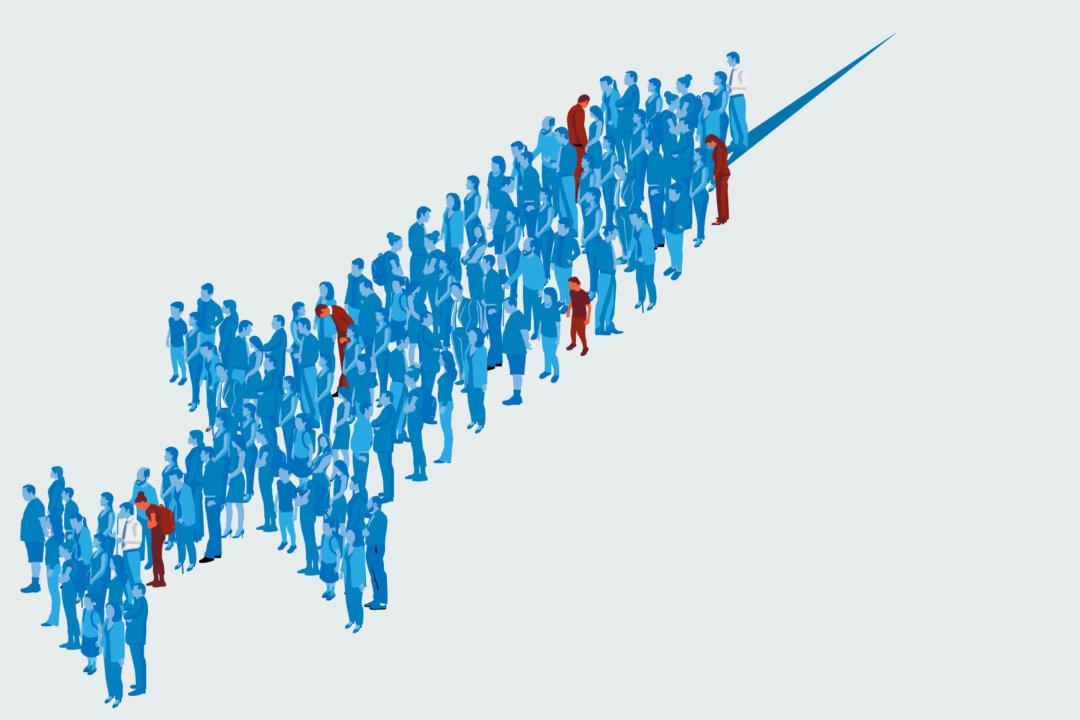HAIFA, Israel—Iranian authorities said on Oct. 31 that public trials will be held for about 1,000 people this week, over six weeks of protests that have followed the death of a young woman in police custody.
The people who will be put on trial may include participants of previous protests concerning economic and civil issues, Eliyahu Yossian, an Israeli expert on Iran, told The Epoch Times. The individuals may be people whom the regime wants to settle a score with, he said.
